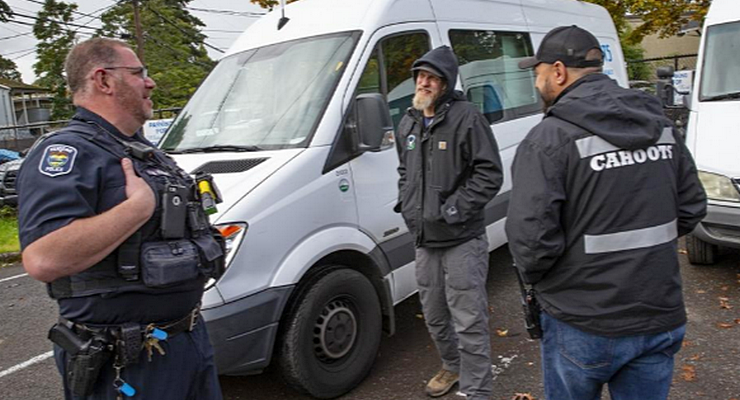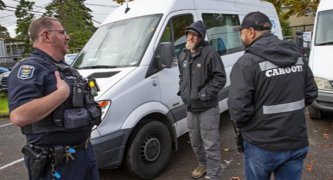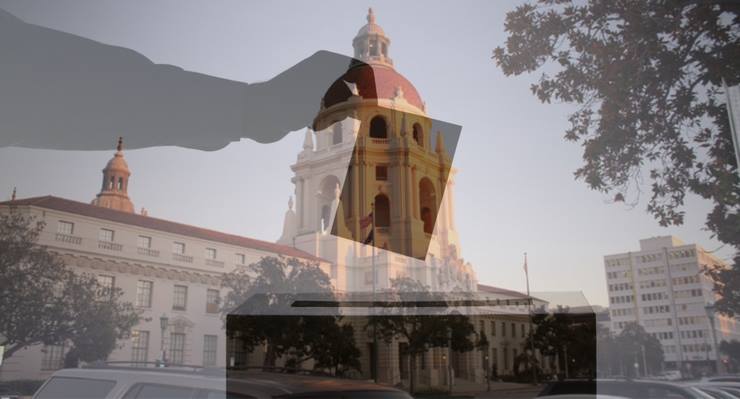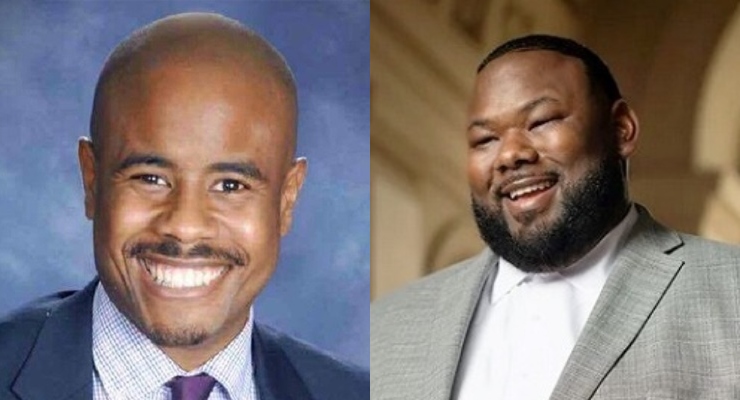
The Pasadena Public Safety Committee is slated to hear an informational presentation Monday on a program developed in Oregon that sends medics and crisis counselors, rather than police officers, to respond to 911 incidents involving mental illness, the homeless and addiction.
Crisis Assistance Helping Out On The Streets, or CAHOOTS, was first pioneered in Eugene, Oregon in 1989 by the nonprofit White Bird Clinic, in partnership with local police.
Under the program, two-person response teams are made up of a medic and a crisis counselor, according to White Bird.
“The CAHOOTS teams deal with a wide range of mental health-related crises, including conflict resolution, welfare checks, substance abuse, suicide threats, and more, relying on trauma-informed de-escalation and harm reduction techniques,” the organization said in a written statement. “CAHOOTS staff are not law enforcement officers and do not carry weapons; their training and experience are the tools they use to ensure a non-violent resolution of crisis situations. They also handle non-emergent medical issues, avoiding costly ambulance transport and emergency room treatment.”
Monday’s presentation will be made by White Bird Clinic CAHOOTS EMT and Crisis Counselor Ben Adam Climer. City Manager Steve Mermell said Climer’s appearance was scheduled at the request of City Council and Public Safety Committee Member John Kennedy.
“The city is interested in exploring ways to reduce the number of calls the Pasadena Police must respond to,” Mermell said. “The CAHOOTS program is one model that may have value to pursue. We are at a very preliminary stage at this point; simply information gathering. I expect that over the next year we will explore other models as well.”
Kennedy said it appeared the program was in line with some of the city’s goals, and he looked forward to learning more about it.
“It seems like they have skill sets that we are developing in Pasadena, and I thought that there might be an opportunity for us to learn some things from CAHOOTS that we can implement in the city of Pasadena,” he said. “We are already doing some of that work, in terms of not having just a pure police response and dealing with more core issues. So this is just a further education of our police department and our city on what’s out there in the world.”
The presentation is only informational, Kennedy said. “We’re not making any commitment of any kind that we would necessarily implement, but certainly I think the City Manager and the Police Chief believe that it’s wise to at least take a look at it.”
While the city makes use of a Homeless Outreach and Psychological Evaluation, or HOPE, teams and the Pasadena Police Department’s Neighborhood Services Section, “the question is, do we need an outside organization to help us do it even better?” Kennedy asked. “And if we do, how do we fund it in a time when we have decreasing revenues?”
“I believe the City Council, not just the Public Safety Committee, wants to make sure our residents don’t just feel safe, but are safe,” he said. “And so to the extent that anything would prevent that from occurring, we’re not going down that road as a city. We’re not going down that road as a police department. So rest assured that we will engage in first-class of policing and responses to, uh, difficulties in our community.”
Under the CAHOOTS program in Oregon, Eugene Police Department Dispatchers have been trained to recognize nonviolent situations involving mental health or behavioral health issues and relay such calls to the CAHOOTS teams, rather than officers,” the statement said. “A team will respond, assess the situation and provide immediate stabilization in case of urgent medical need or psychological crisis, assessment, information, referral, advocacy, and, when warranted, transportation to the next step in treatment.”
Out of 24,000 calls handled by the CAHOOTS teams last year, White Bird officials representatives said police backup was requested just 150 times.
Mayor Terry Tornek said he was open to exploring alternatives with respect to policing.
“(CAHOOTS) has been recommended to us as a model that we should be considering as an alternative to having armed officeTerry Tornek (02:rs, uniformed officers, respond to those calls,” he said. “We have our own version, which is the HOPE team, but that’s still a police department activity, and this is a completely separate agency, as I understand it.”
“The city is committed to investigating all sorts of best practices,” Tornek said. “I think the HOPE team is effective. We’ve expanded them to the extent we can financially. But there are those that feel it doesn’t go far enough.”
More information on White Bird Clinic and the CAHOOTS program is available online at whitebirdclinic.org/what-is-cahoots.
Monday’s Public Safety Committee hearing is scheduled for 4 p.m. and can be viewed online at pasadena.granicus.com/mediaplayer.php?camera_id=2&publish_id=9.
See also:
Police Team with Community Organizations for Homeless Outreach














 0 comments
0 comments


